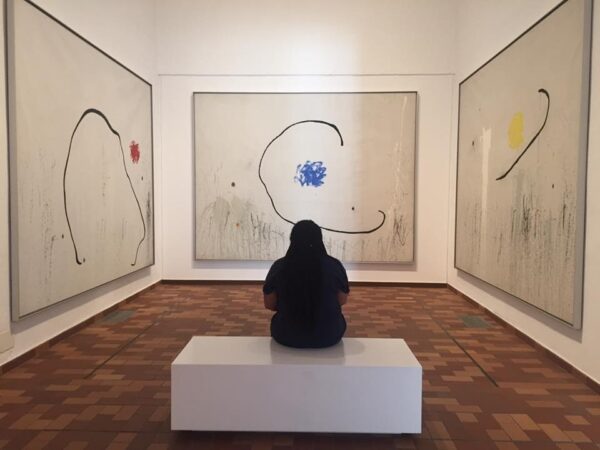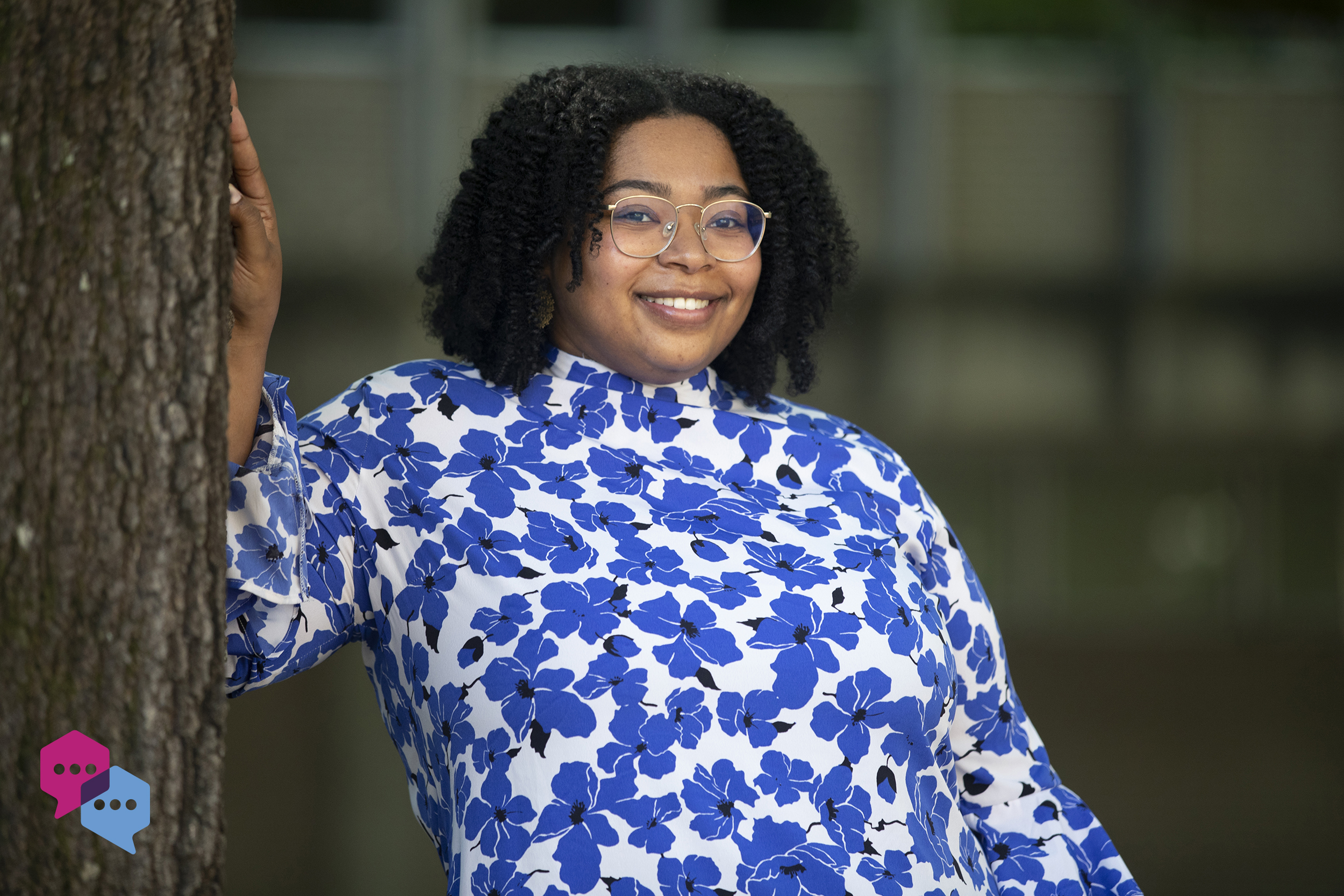Q: When you were a child, what was your response to this question: “What do you want to be when you grow up?”
A: When I was 6, I wanted to be a tap dancer because I was taking classes and loved practicing with my friends. At 11, I wanted to be an archaeologist because I was fascinated with the thought of finding ancient civilizations like the ones I learned about in history class. And when I was 13, I went back and forth — wanting to be an architect, ceramicist, or art therapist.
Q: Share the pivotal moment in your life that helped you choose your field of study.
A: In the spring of my sophomore year at the University of Michigan, I volunteered in a developmental psychology lab that investigated how community violence exposure impacted the development of Latinx youth. I learned what was considered community violence and how it impacted families. I often reflected on my personal experience while navigating these topics — how myself, my younger brothers, and my classmates processed, coped, and reacted to violence in our neighborhood in different ways. I thought about the key players in our community who encouraged us to get involved in extracurricular activities. Those reflections inspired me to continue the work in developmental psychology in hopes that my research would be able to help other youth and families bolster their strengths and improve their ability to cope with violence.

McBride sits in front of the 1974 oil painting series by Joan Miró titled, “L’esperança del condemnat a mort (The Hope of a Condemned Man),” at the Joan Miró Foundation in Barcelona, Spain.
Q: Tell us about a time you encountered a tricky problem. How did you handle it and what did you learn from it?
A: I used to co-facilitate a weekly arts-based workshop for people who were recently released from prisons. Reentry comes with a mixture of new issues and opportunities that workshops in prison settings don’t assist with. For example, we had the opportunity to practice art, but it was difficult to get participants to attend, as they were often dealing with issues related to employment, housing, transportation, family, dating, and education. Some had been in prison since they were teenagers and had to build a support system after being incarcerated for 20 years.
We decided to dedicate time in and outside of the workshop to develop relationships with them so that we could support them through their reentry challenges. Developing those bonds were crucial for the members as the problems that we typically face with the incarceration population are different for those in the reentry stage. If we had taken the approach we normally used and didn’t develop stronger bonds, the men who had been incarcerated since they were young may have had an even more difficult time gaining the tools and resources that were crucial for them to succeed.
Q: Describe your research in 5 words.
A: Neighborhoods influence families and children.
Q: What are your passions outside of research?
A: I enjoy creating art and stories and going to museums, aquariums, festivals, and the gym. Also, as the co-president of the Black Graduate and Professional Student Association, I am passionate about leadership and enhancing equity and inclusion within our campus community.


